Ukraine's use of depleted uranium shells would harm population for decades: Russia
The Ukrainian forces' use of depleted uranium shells would do harm to the local population and contaminate their land for decades, Russia has warned.
Russia’s defense ministry said on Friday that the Ukrainians' use of depleted uranium shells against Russian forces in Ukraine would not only harm the troops, but also harm the wider population and negatively affect the country’s agriculture sector for decades or even centuries.
The warning comes after Britain earlier this week announced its plan to send shells containing depleted uranium to Ukraine.
Chief of Russia's nuclear defense force warned on Friday that the use of depleted uranium in the war would have dire consequences for the local people which the US-led forces were well aware of.
“The West is well aware of the negative consequences of using depleted uranium ammunition,” Lieutenant-General Igor Kirillov, head of the Nuclear, Biological and Chemical Protection Forces of Russia’s defense ministry said in a statement.
Kirillov said data on the use of depleted uranium by the United States and is allies in the Balkans and Iraq showed serious and lasting negative impacts on local populations and the environment.
He warned that Ukraine’s agricultural industry could suffer “for decades, if not centuries, into the future.”
Peace groups oppose to the use of weapons, particularly nuclear ones, which have long-term lethal impact.
The dust created by weapons using depleted uranium can be breathed in while munitions which miss their target can poison groundwater and soil, according to the International Coalition to Ban Uranium Weapons.
However, military leaders in the West see depleted uranium as an effective weapon capable of penetrating protection shields and a good tool for destroying a modern tank. Ammunition containing depleted uranium can pierce tanks and similar armor-plated vehicles due to the nuclear component's density and other physical properties.
Also, the UK claims that inhaling enough depleted uranium dust to cause damage to someone would be difficult.
The Russians dismissed the UK's claims, insisting that the statements about depleted Uranium being harmless were false, and in response, warned that the West was moving closer to a "nuclear collision" with Russia.
"Another step has been taken, and there are fewer and fewer left," Russian Defense Minister Sergei Shoigu said after the United Kingdom announced that it will not only supply Kiev with tanks, but also, shells with depleted uranium.
Shoigu cautioned the British against escalating the Ukraine war to the next level. "Naturally, Russia has something to answer this with."
According to the International Coalition to Ban Uranium Weapons, Russia is among 20 world countries which produce uranium weapons.
Since Russia launched its special military operation in Ukraine in February 2022, the west has been supply huge shipments of weapons and munitions to the Kiev forces.
The West's ongoing flooding of Ukraine with more advanced weapons and deadlier ammunition has been done despite Russia's efforts to end the war.
Russian President Vladimir Putin, in his most recent attempt to end the Ukraine crisis, said he welcomed a Chinese proposal for mediation between Moscow and Kiev towards peace.
However, a recent meeting between Chinese leader Xi Jinping and his Russian counterpart has been viewed by the US and its allies as Beijing's effort to show China's support for Russia.
Beijing described the purpose of Xi's trip to Moscow earlier this week as a "visit for peace".
Xi’s meeting with Putin conveys a “very troubling message” to us, US Defense Secretary Lloyd Austin said on Thursday following the two leaders' meeting.
Over 2,000 Britons served in Israeli military during Gaza genocide: Report
Houthi: Iranian, Yemeni revolutions inspire Islamic nation in face of enemy plots
Iran defeating sanctions for decades since Islamic Revolution victory
AIPAC faces challenge as new PAC seeks to end US backing of Israel
VIDEO | Press TV's news headlines
Iran president hails ‘exceptional’ turnout in Islamic Revolution anniversary rallies
VIDEO | Pro-Palestine protesters rally in Melbourne on final day of Israeli president's Australia trip
Gaza genocide's death toll may exceed 200,000: Report


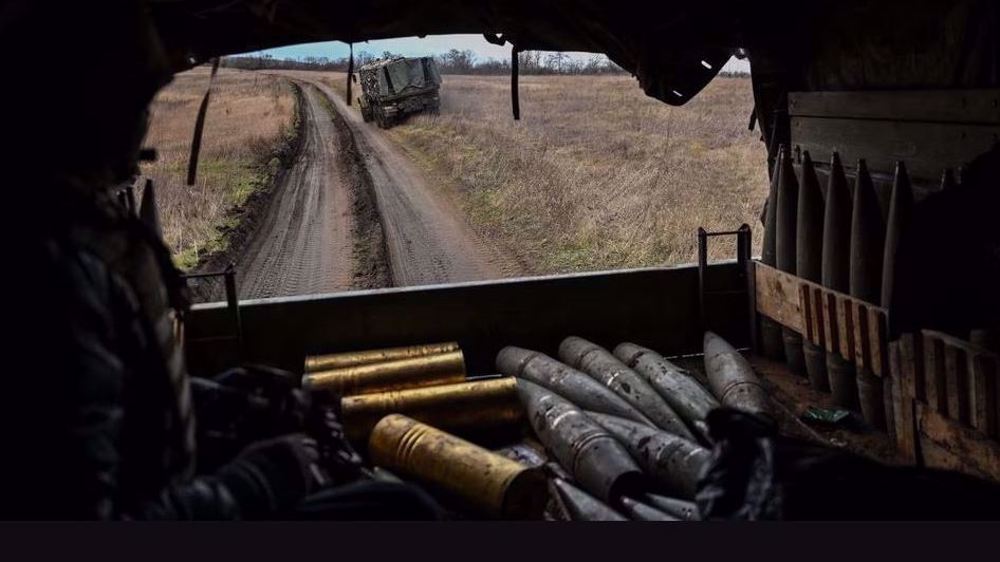
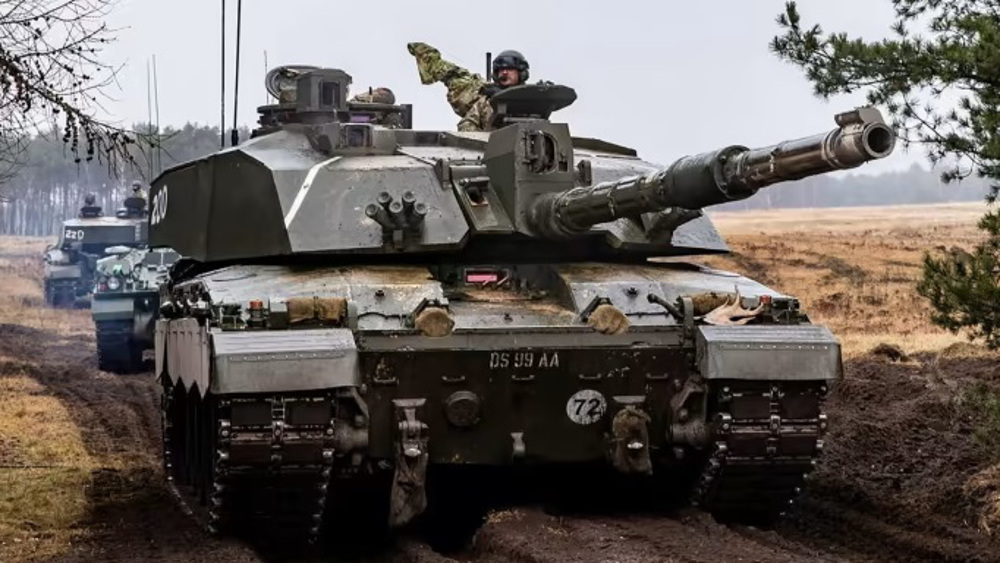
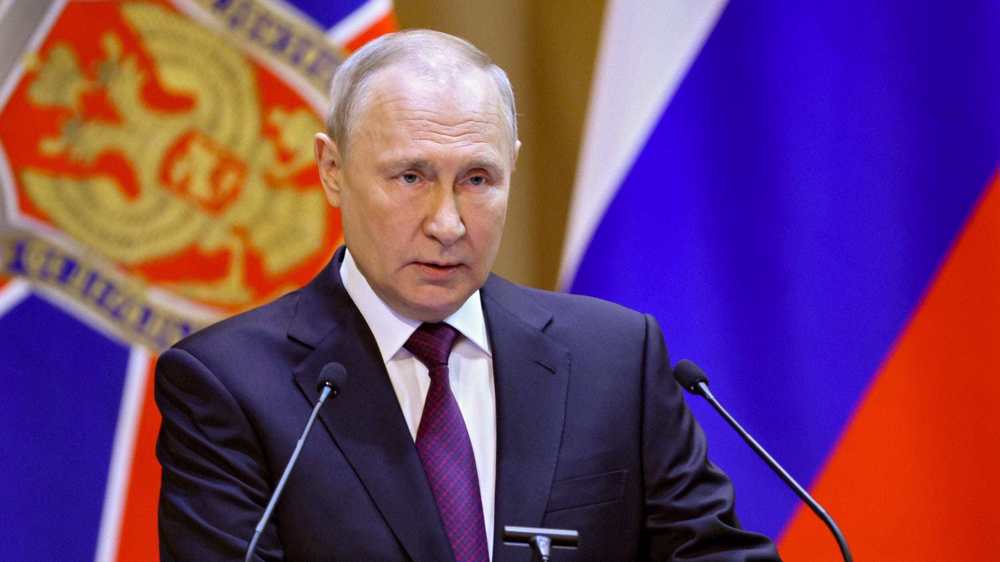

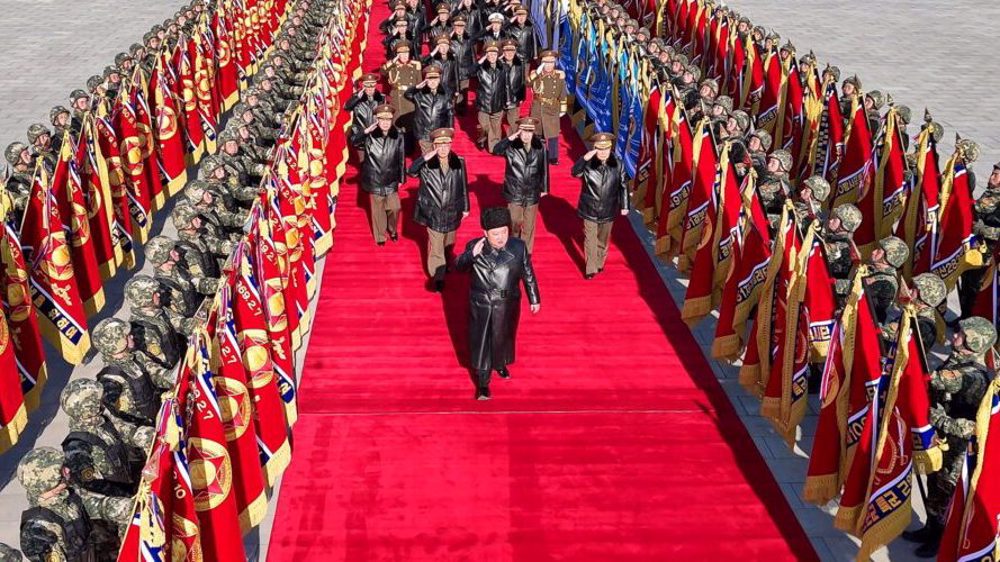




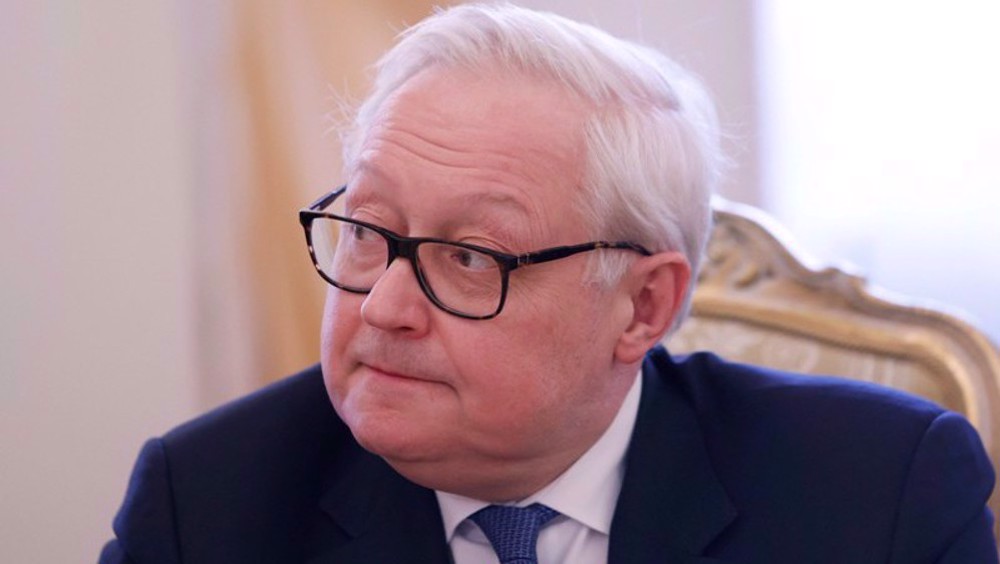

 This makes it easy to access the Press TV website
This makes it easy to access the Press TV website